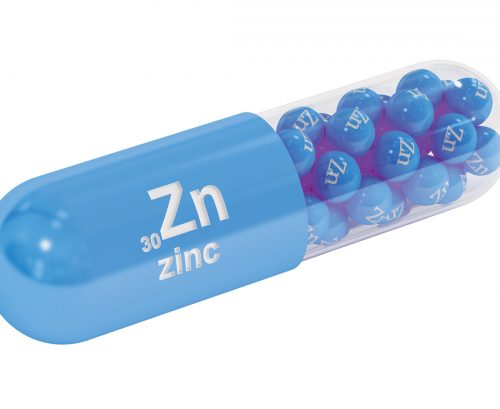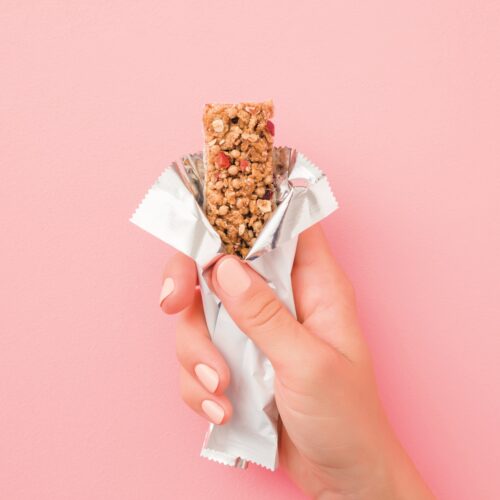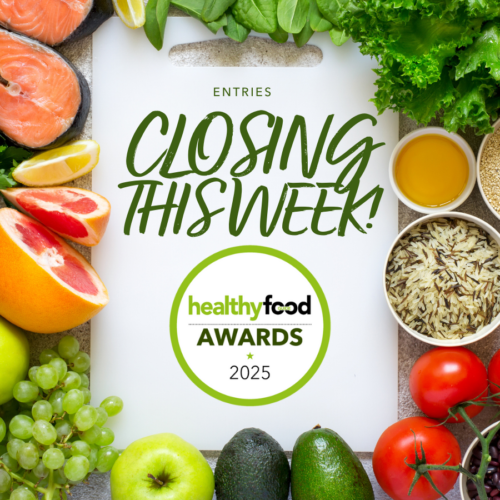
Zinc is a mineral essential for our body, and usually adequately supplied by food. Dietitian Katrina Pace explains when a supplement might be helpful.
What is zinc?
Zinc is a mineral found in a wide range of everyday foods. Our body uses it to build enzymes, support our immune function, build DNA and support growth and development. Zinc also plays an important role in helping develop the senses of taste and smell.
We get zinc from the food we eat and, as we can’t store zinc, we need some every day. The 2008/9 New Zealand Adult Nutrition Survey found nearly 40 per cent of men and 11 per cent of women don’t meet their recommended dietary intake (RDI) for zinc.
Can we get enough from food?
Yes. A balanced, Mediterraneanstyle diet can provide enough zinc. In New Zealand, we get most of our zinc from beef, bread, grains and pasta.
3 fresh oysters 7mg
1 beef steak 4.5mg
1 chicken breast 1.5mg
1 cup trim milk 1.5mg
2 slices grainy bread 1mg
2 eggs 1mg
½ cup cooked white rice 1mg
½ can baked beans 1mg
2 tablespoons pumpkin seeds 1mg
2 tablespoons cashews 1mg
How much do we need?
Recommended dietary intake (RDI)*
Girls 14-18 years 7mg/day
Boys 14-18 years 13mg/day
Women 19 years+ 8mg/day
Men 19 years+ 14mg/day
Pregnant women 11mg/day
Breastfeeding women 12mg/day
* Vegetarians and vegans need as much as 50 per cent more
When do we need to watch zinc intake?
Conditions, such as inflammatory bowel diseases, coeliac disease, chronic diarrhoea, chronic renal disease, all types of diabetes and cancer, may make a person need more zinc.
We need more zinc during times of fast growth and development. From puberty onwards, boys and men need a lot more zinc than women, except when women are pregnant or breastfeeding.
Vegetarians and vegans need up to 50 per cent more zinc than the RDIs. This is because animal protein helps us absorb zinc.
Plant-based protein doesn’t help much and the phytates in some vegetables actually reduce zinc absorption.
When might we take a supplement?
Coughs and colds
Many cough and cold preparations contain zinc, as it’s needed for a healthy immune system. But will having extra zinc really help your cough or cold resolve more quickly? As usual, there’s no definitive answer.
Reviews of studies seem to suggest zinc lozenges or syrups can help reduce the severity and duration of your cold, if you take the zinc within 24 hours of developing symptoms. More research is needed, but around 11mg-13mg zinc is suggested for coughs and colds.
Wound healing
Zinc creams are often recommended to help treat skin conditions such as wounds, fragile skin or skin tears. People with chronic leg ulcers have been shown to have problems managing zinc metabolism and often have low zinc levels. For people with low zinc levels, topical zinc may help improve healing but it’s not likely to help anyone with adequate levels.
Fertility
Low zinc can affect male fertility. Research suggests zinc plays an important role in sperm health and can also help protect the sperm against environmental toxins such as cigarette smoke and heavy metals.
What zinc supplements are available?
Usually you will see zinc supplements as liquid, tablets or lozenges.
Common forms include zinc gluconate, zinc sulphate, zinc citrate, zinc orotate and zinc as an amino acid chelate. The amount of zinc present will differ, so always check the label to see how much available zinc is in the product. Currently, it’s not clear whether any form of zinc is better absorbed than others.
What about side effects and interactions?
Short-term side effects of too much zinc include nausea, vomiting, loss of appetite, diarrhoea, tummy cramps and headaches.
As zinc works in balance with the mineral copper, long-term supplementation with zinc may reduce levels of copper in your body. Long-term high-dose zinc supplements may also reduce immunity.
Zinc can reduce the effectiveness of some antibiotics and penicillamine (a drug used to treat rheumatoid arthritis). Always check with your doctor or pharmacist before taking a supplement.
Article sources and references
- Fallah A. et al 2018. Zinc is an essential element for male fertility: A review of zn roles in men’s health, germination, sperm quality, and fertilization. Journal of Reproduction & Infertility 19:69-81https://www.ncbi.nlm.nih.gov/pmc/articles/PMC6010824/
- National Institutes of Health, Office of Dietary Supplements. Zinc fact sheet for health professionals, ods.od.nih.gov Accessed March 2019https://ods.od.nih.gov/factsheets/Zinc-HealthProfessional/
- National Health and Medical Research Council and Ministry of Health. Nutrient Reference Values Australia and New Zealand. Zinc, nrv.gov.au Accessed March 2019https://www.nrv.gov.au/nutrients/zinc
- Singh M & Rashmi RD. 2013. Zinc for the common cold. Cochrane Database of Systematic Reviews 6https://www.cochranelibrary.com/cdsr/doi/10.1002/14651858.CD001364.pub4/abstract
- Wilkinson EA & Hawke CI. 1998. Does oral zinc aid the healing of chronic leg ulcers?: A systematic literature review. Archives of Dermatology 134:1556-60https://www.ncbi.nlm.nih.gov/pubmed/9875193
- Wilkinson EA. 2014. Oral zinc for arterial and venous leg ulcers. Cochrane Database of Systematic Reviews 9https://www.ncbi.nlm.nih.gov/pubmed/25202988
- University of Otago and Ministry of Health. 2011. A Focus on Nutrition: Key findings of the 2008/09 New Zealand Adult Nutrition Survey. Wellington: Ministry of Healthhttps://www.health.govt.nz/publication/focus-nutrition-key-findings-2008-09-nz-adult-nutrition-survey
www.healthyfood.com










